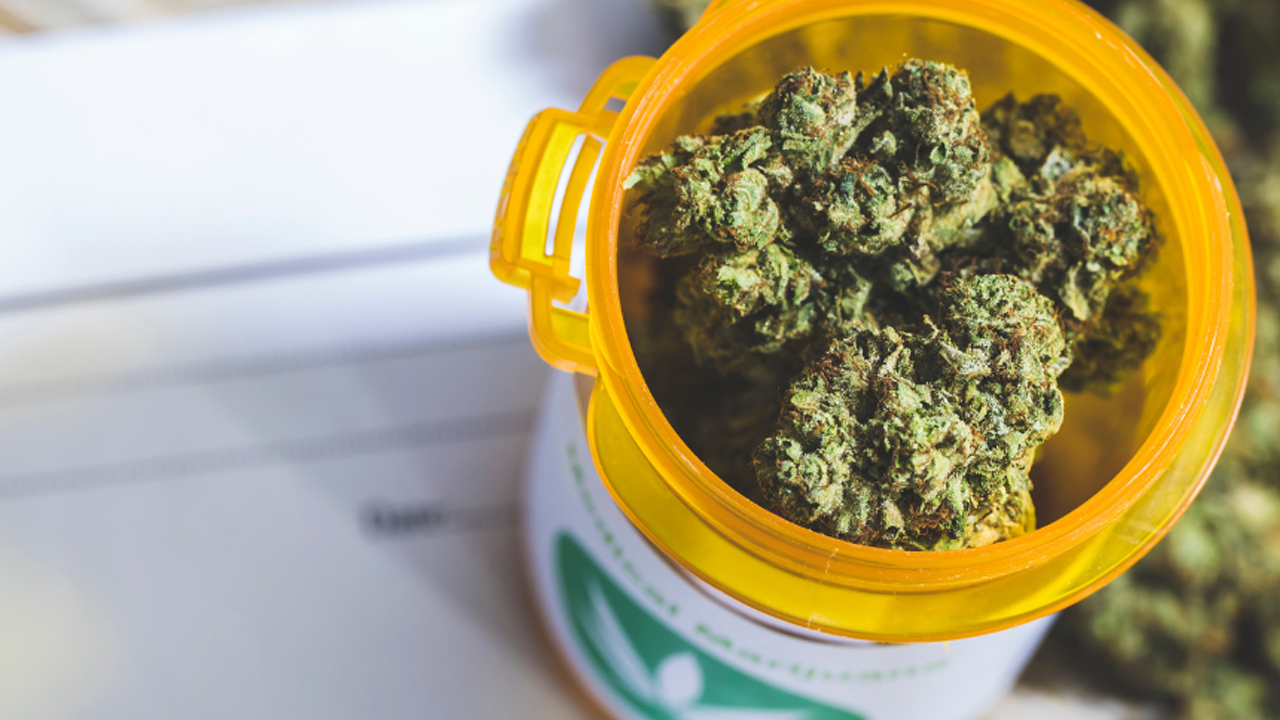
The number of patients in Germany prescribed medical cannabis has grown hugely in the past two years. In April 2024, there were some 200,000 patients across the country treating their conditions with the cannabis plant or derived medicines. Now in 2025, there are 900,000 patients and growing. But what kind of problems are patients using medical weed for, and what areas are being researched right now?
The efficacy of THC and CBD – the main active ingredients in cannabis – in treating some conditions is widely proven by research. Others, the evidence is less clear. But increasing numbers of studies and anecdotal reports from patients support potential therapeutic effects. And then there are new areas of research, looking at the pharmacology of medicinal cannabis and how and why it works for so many people.
Proven to Treat Serious Epilepsy and Neurological Conditions
Although cannabis has been used medicinally for thousands of years, the spread of prohibition across the world since the 1920s somewhat stymied modern scientific research into it’s use a treatment.
For those looking to treat serious conditions with medical marijuana, getting cannabis on prescription is far simpler than any other medical market country in Europe. Trusted and experienced clinics provide a full service, all online, creating a frictionless experience for those who need it the most.
One of the first conditions for which medicinal cannabis was proven as a treatment by modern research methods (or more specifically, the active ingredient Tetrahydrocannabinol or THC) was for certain incurable forms of severe epilepsy.
In some studies, patients who were previously suffering dozens of seizures a day saw that number decline by up to 85%. Patients with Lennox-Gastaut and Dravet’s syndromes, in particular, saw benefits from CBD beyond any other treatments previously tried.
In fact, THC based drugs like Sativex and CBD options like Epidyolex have been approved across Europe for medical use for nearly a decade now in some cases.
Chronic Pain Management is the Most Common Cannabis Prescription
The number one reason for medical patients in Germany to seek out cannabis is for chronic pain. Although well known as a painkiller for thousands of years, the side effects and risks have not previously been well studied scientifically.
Some 70% of cannabis prescriptions in Germany are for chronic pain control. Although cannabis is far from a cure-all painkiller, research has shown it has potential to alleviate certain kinds of neuropathic (nerve-damage) pain in a way that other medicines often fail.
Interestingly, some studies have shown some patients with certain conditions actually saw increased pain sensitivity while regularly dosing with cannabis. Which makes it all the more important medical patients consult with a specialist, and pick their specific cannabis flower with care.
If you’re looking for info on the different available weed strains in Germany right now – reviews from fellow patients will be of help. Medical cannabis strains can have different effects, and your clinician can advise a particular option, but there’s no substitute for learning from fellow patients’ experiences.
Cannabis’ effects on the dopamine system are also being studied. In many patients with chronic pain, the condition isn’t curable. However, in research, patients have repeatedly reported that cannabis helped them build a better mindset around their pain, helping them manage it better.
Another area in which cannabis has shown promise is as an alternative to opioid medications. In some studies 97% of patients with chronic pain said cannabis treatments helped them cut down or eliminate the need for opioids.
What’s the Research Looking Into?
Some promising areas of research for medical cannabis treatments today include:
- Mental health conditions like post traumatic stress disorder, clinical depression and ADHD
- Neurological and neurodegenerative diseases such as Alzheimer’s, Parkinson’s, Tourretes and Multiple Sclerosis
- Other cannabinoids present in the cannabis flower, including Cannabinol (insomnia and sleep conditions), Tetrahydrocannabivarin (appetite, blood sugar regulation) and Cannabigerol (anti-inflammatory and neuroprotection)
- Gastrointestinal conditions, due cannabis’ anti inflammatory properties and the presence of high levels of cannabinoid receptors in the gut
If you have a condition that isn’t commonly prescribed cannabis for, but you’ve found the scientific research to back up why it might be helpful – feel free to consult a clinician. You never know!
Another area that is being increasingly studied is whole plant therapies and extracts. Some studies have shown that vaped cannabis flower or full extract oils remain the most effective form of treatment for some conditions – even when compared to pure THC or CBD isolates.
Scientists are looking into why this is the case. Various non-cannabinoid compounds in the cannabis flower – such as terpenes and flavonoids that provide the distinctive aroma and taste – are being looked at. As well as how they interact chemically and organically together.
There is also research into new methods of delivery. New kinds of oral and nasal sprays, whole-plant distillates, new edibles and even nanotechnology enhanced cannabinoids are all being considered as new treatment methods, and may be rolled out in the near future.

